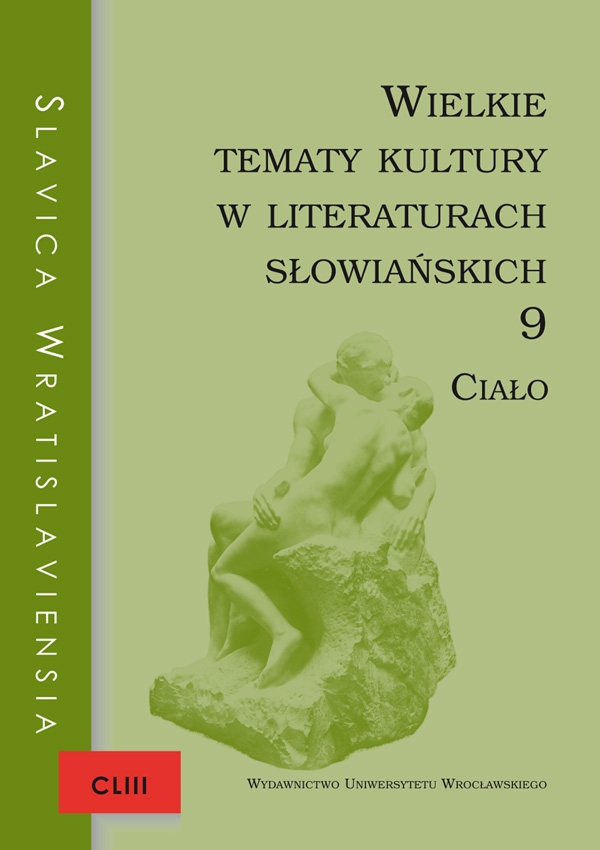

Artykuły

Praying with the body: On the sensual form of the sacred in The Czech Lute by Adam Michna of Otradovice
The fascination with the sensual stems from the paradoxes of existence that haunted the baroque mind. One area where it can be found is religious poetry of the mystic-erotic tradition with its overlap of sensual experience and the experience of the sacred. In mystic-erotic poetry the sacred becomes sensual. In 17th-century Czech literature this type of poetry is represented by The Czech Lute, a collection of songs by Adam Michna. The article seeks to reinterpret this work by conducting an analysis based on the so-called doctrine of the spiritual senses derived from the teachings of the Church Fathers. This doctrine is based on Origen’s idea developed at the turn of the 3rd century that the spiritual senses are the senses of the heart, or of the inner man, which are sublimated in the process of the gradual overcoming of the senses of the flesh. The delight of communing with God is brought to those who can restrain the former and activate the latter. Thus the spiritual senses become the tools of mystical cognition. The article contains references to the teachings of Saint Bonaventure 13th c., who developed Origen’s ideas, defining the spiritual senses as acts of contemplation which enable men to attain unity with God. By using the biblical alphabet of the senses in depicting the mystic act of commuting with the Absolute, of spiritual union, the Czech poet offered his Czech baroque readers a new form of spiritual experience, and introduced into poetry a new kind of poetic expression.